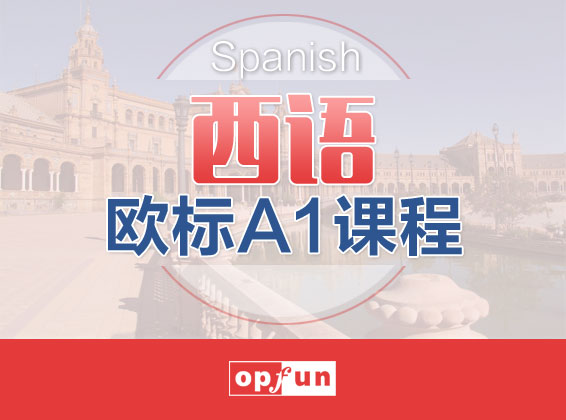|
英法詞匯phrase區別有哪些?雖然長得一樣但是他們的意思卻不同,快和南京法語老師一起看看下面他們兩個詞匯的解析吧!如果同學們想要咨詢法語相關課程,歡迎撥打咨詢熱線:025-83236520 QQ:120095421
法語的“phrase”意思是“句子”,對應于英語的“sentence”。 Exemple: 1.Cette phrase est un peu longue. The sentence is a little too long. 句子有點長了。 2.La plupart des phrases contiennent un verbe. Most sentences contain a verb. 多數句子里都有一個動詞。 3.Il a écrit la phrase pour moi. He wrote down the sentence for me. 他幫我把這句話寫下來。 4.Il termine /finit jamais ses phrases. He never completes his sentences. 他從來都只說半句話。 5.La deuxième phrase comporte une faute d'orthographe qu'il faut corriger. The second sentence has a spelling error that needs correction. 第二個句子有個拼寫錯誤,應改正。 6.Répondez aux questions par des phrases complètes. Please state your answers in complete sentences. 請用完整的句子回答問題。 7.J'ai du mal à rester concentré si tu m'interromps sans cesse au milieu d'une phrase. I find it very hard to stay focused when you keep interrupting me in mid-sentence. 你老是打斷我的話,搞得我無法集中啦。 英語的“phrase”則意為“短語,詞組”,常譯為法語的“expression, locution”等。 Exemple: 1.“The London police” is a nominal phrase. “La police de Londres” est un syntagme nominal. “倫敦警察”是個名詞性詞組。 2.“All of a sudden” is an adverbial phrase. “Tout à coup” est une locution adverbiale. “突然間”是個副詞詞組。 3.Set phrases are often difficult to translate. Les expressions /locutions figées sont souvent difficiles à traduire. 固定短語常常很難翻譯。 這兩個英法詞匯的不同大家都了解了嗎?希望能夠對大家的知識擴充起到幫助哦。 (責任編輯:admin) |
文中圖片素材來源網絡,如有侵權請聯系刪除







